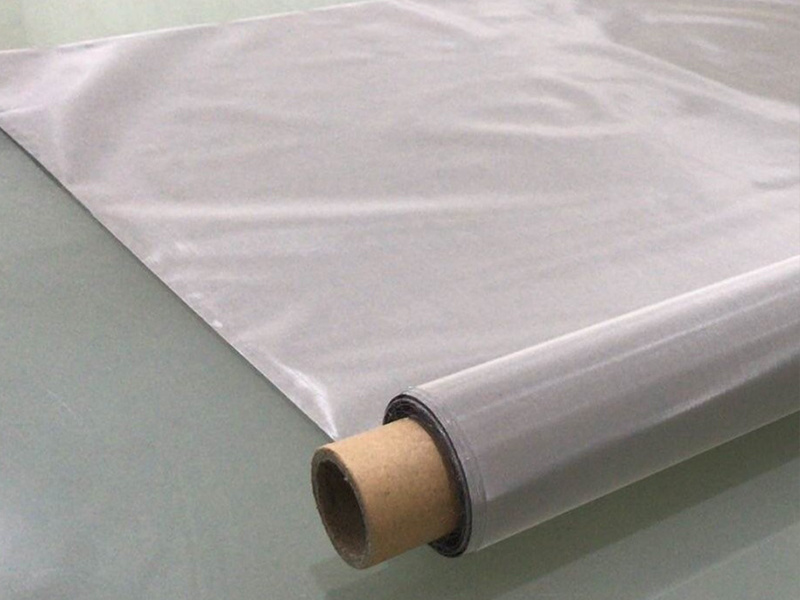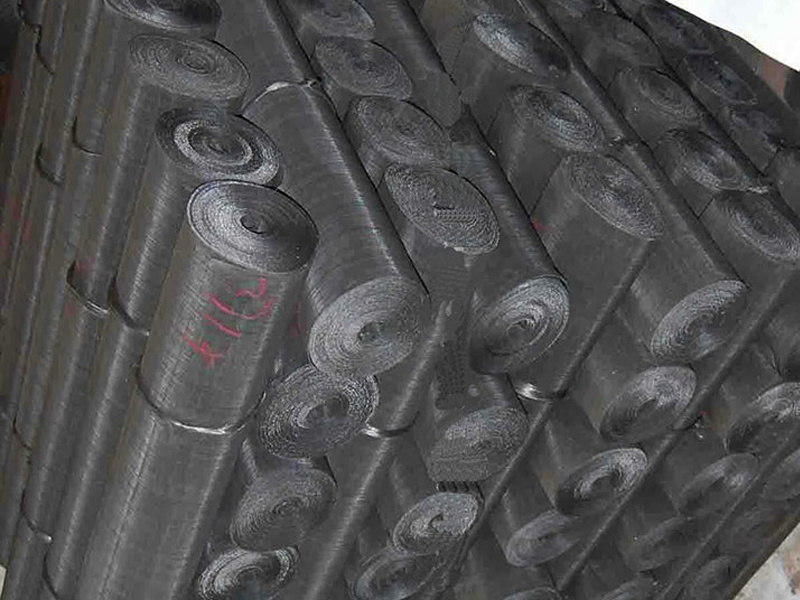Woven Wire Mesh: The Unsung Hero in Various Industries
Release time:
2025-09-05
Discover the versatile applications ofwoven wire mesh in different industries and how it enhances efficiency.
Introduction: The Power of Woven Wire Mesh
Ever heard ofwoven wire mesh? If not, you're in for a treat! This versatile material is like the Swiss Army knife of the industrial world. From construction to agriculture, it's woven its way into a myriad of applications, proving that sometimes the simplest solutions are the most effective. Let's dive into the fascinating world ofwoven wire mesh and explore its industry case studies!
What is Woven Wire Mesh?
Before we get into the nitty-gritty, let's clarify what we mean bywoven wire mesh. Picture a tightly-knit fabric made from metal wires, intertwined in a way that provides strength and flexibility. This isn't just any old mesh; it's a robust solution that can be customized for various needs, whether you're fencing in a garden or constructing a high-rise building.
Case Study 1: Construction Industry
In the construction industry,woven wire mesh has become a staple. Why, you ask? Well, consider this: it enhances concrete structures by providing tensile strength, making them more durable. A recent project in downtown Chicago usedwoven wire mesh in their concrete slabs, leading to a whopping 30% increase in structural integrity. Talk about a solid investment! And let's not forget how it speeds up construction processes—less time spent on rebar placement is a win-win for everyone involved.
Case Study 2: Agriculture Applications
Farming isn't just about plowing fields and planting seeds. Nope! Woven wire mesh plays a crucial role here too. Farmers are using this material to create animal enclosures and crop protection systems. For instance, one innovative farmer in Texas employedwoven wire mesh to protect his crops from pesky critters. The results? A staggering 40% reduction in crop loss. Now that's some serious ROI!
Case Study 3: Food Industry Safety
Let's shift gears to the food industry. Woven wire mesh is vital for maintaining hygiene and safety standards in food processing plants. A case in point: a major food processing company in California integratedwoven wire mesh into their production lines, ensuring that contaminants were kept at bay. The outcome? Not only did they pass inspections with flying colors, but they also reported a 25% drop in product contamination incidents. Who knew that a mesh could be such a game-changer?
Advantages of Woven Wire Mesh
So, what's the big deal aboutwoven wire mesh? Here's the scoop:
- Durability: It's built to last! With resistance to corrosion and wear, it withstands the test of time.
- Versatility: From fencing to filtration, the applications are endless.
- Cost-Effectiveness: With its durability, it's a low-maintenance option that saves money in the long run.
- Easy Installation: Whether you're a DIY enthusiast or a seasoned pro, it's straightforward to work with.
Future Trends in Woven Wire Mesh
Looking ahead, the future seems bright forwoven wire mesh. As industries continue to innovate, we can expect to see advancements in materials and designs that enhance performance. For instance, eco-friendly options are gaining traction, makingwoven wire mesh an even more appealing choice for environmentally-conscious businesses.
Conclusion: Woven Wire Mesh in Every Corner
In conclusion,woven wire mesh isn't just a practical solution; it's a versatile hero across numerous industries. Whether you're in construction, agriculture, or food safety, this material proves time and again that it can adapt and improve processes. So, the next time you hear aboutwoven wire mesh, you'll know it's not just another industrial product—it's a cornerstone of efficiency!
You can also learn more about industry trends
2025-03-12
Applications of seat-type nets
2025-03-12
Material and weaving method of stainless steel filter mesh
2025-03-12
Applications of stainless steel filter mesh
2025-03-12
Main characteristics of stainless steel filter mesh









